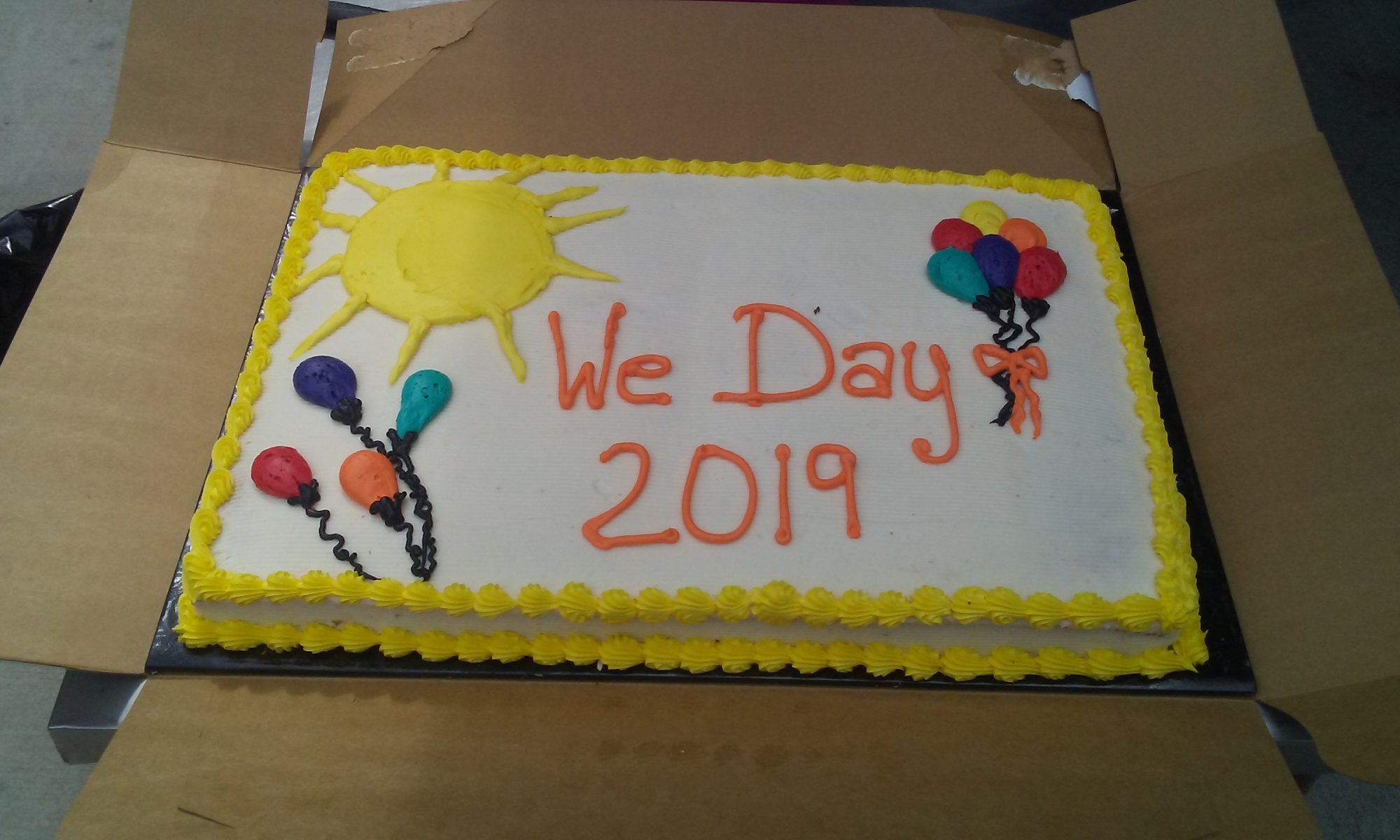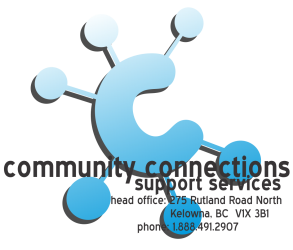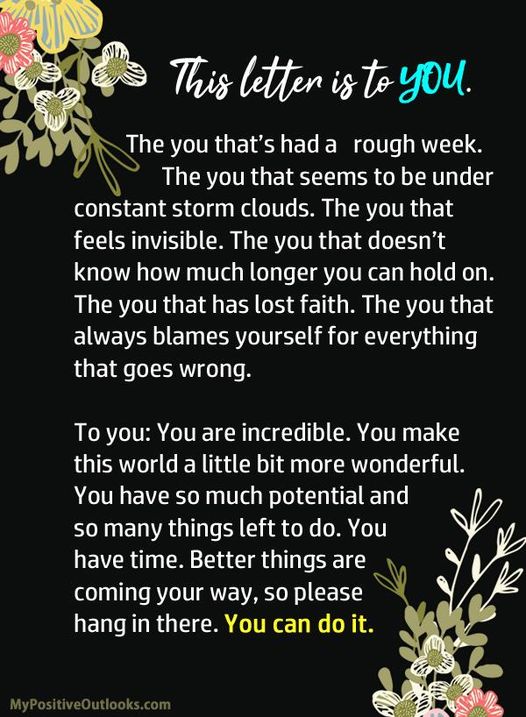Hey everyone, we’re focusing our posts on CAREGIVERS and resources for caregivers this month. We know that one of the challenges faced by many caregivers is…making time and space to take good care of yourself, as a caregiver.
We’ve talked before about the dangers of compassion fatigue, caregiver stress, and burnout , and we posted about the Family Caregivers of BC resources available earlier this week.
It can be hard to know where to start with self-care, so we wanted to highlight the Family Caregivers of BC webinars as one way to start building your toolkit. There’s many webinars to choose from, but why not start with this one? It’s called “Caring for Yourself While Caring for Others” and covers compassion fatigue and how the body and mind deals with chronic stress, as well as what you as a caregiver can do to sustain and nourish yourself.
There’s additional resources available too:
PowerPoint slide deck for presentation
Exploring Your Relationship to Self and Others with Self-Compassion







